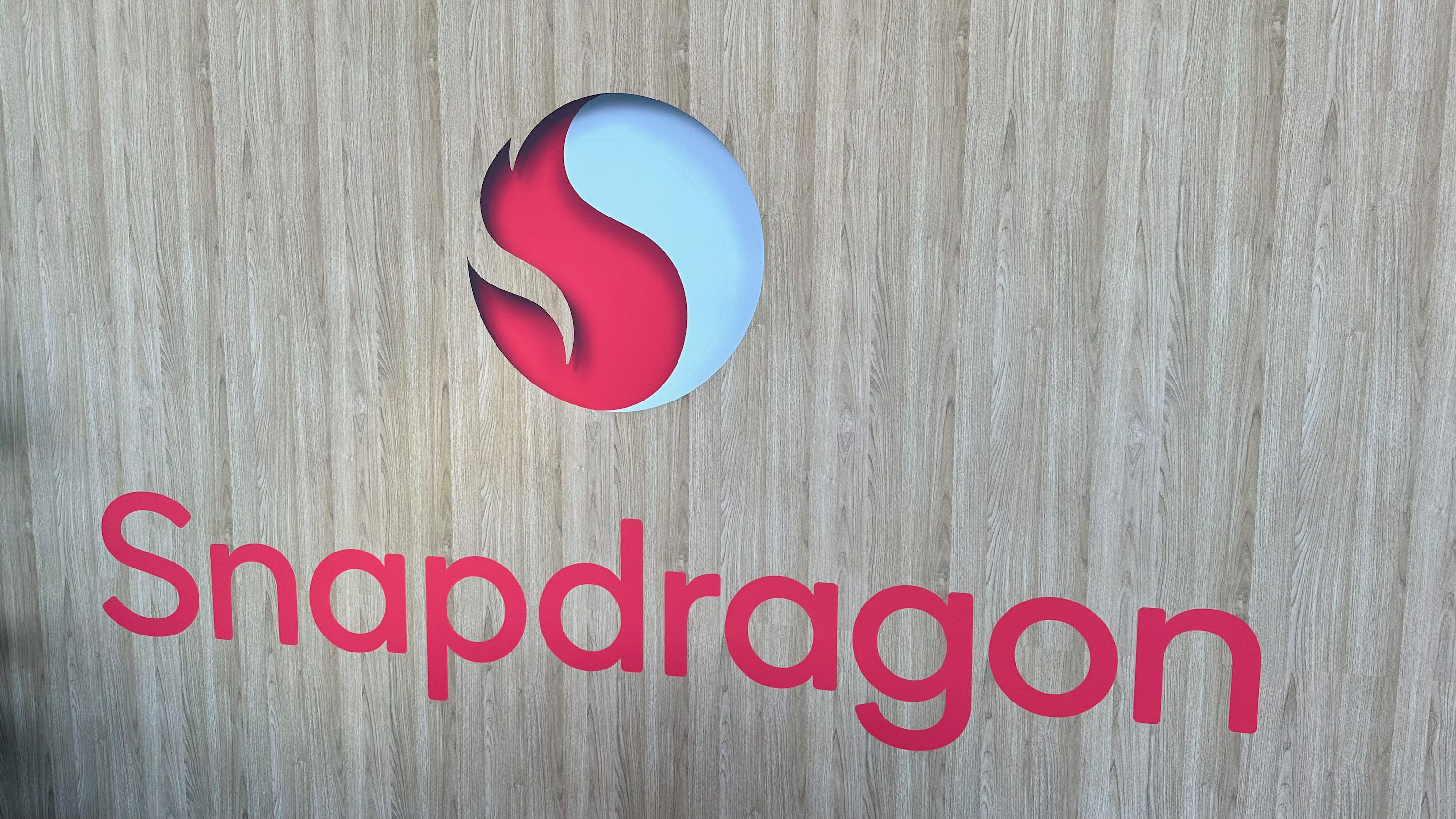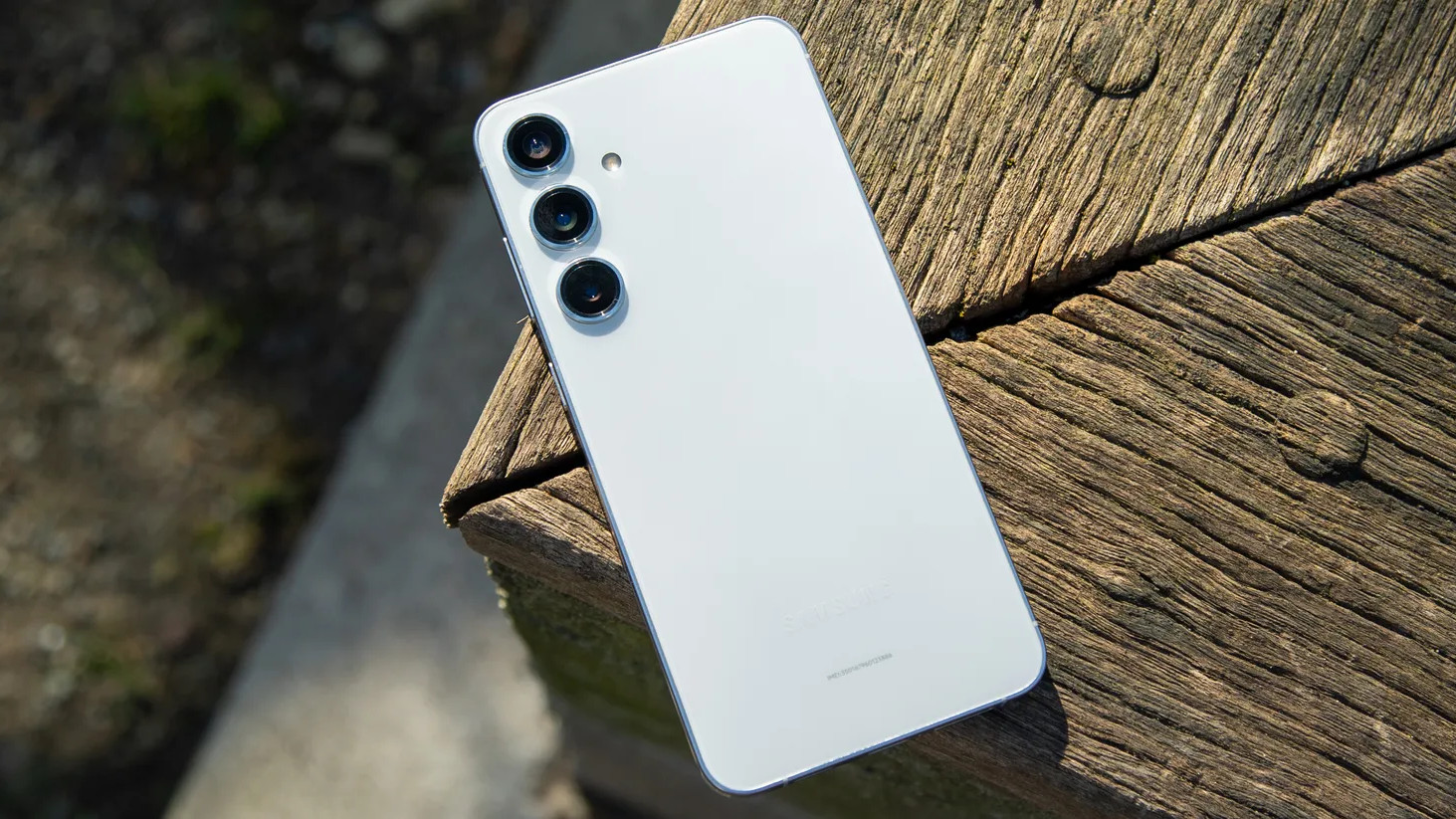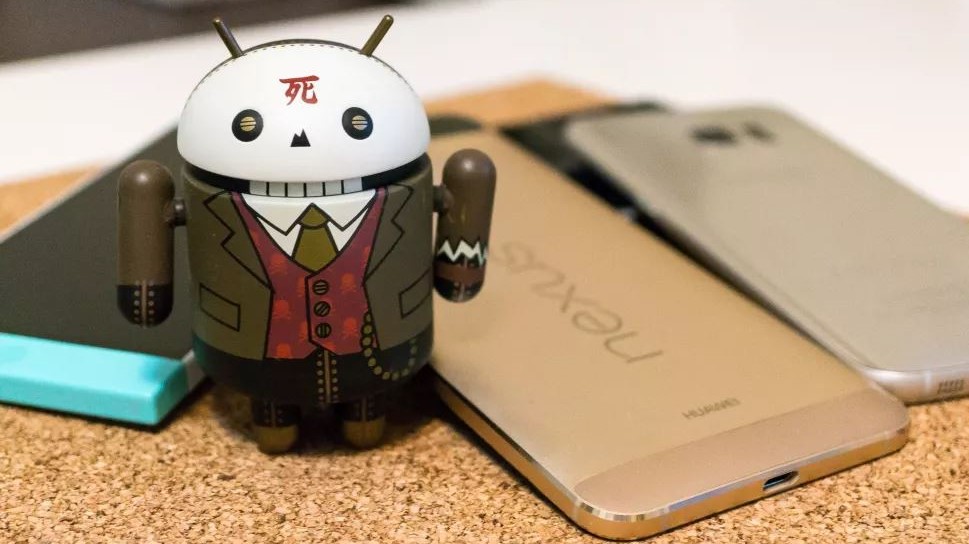
At the annual Qualcomm Snapdragon Summit, the company announced it would be supporting the new Snapdragon 8 Elite for eight years. That's great to see, but it doesn't mean what you're probably thinking it means.
It has to do with what type of support a chip maker needs to offer and what part a phone maker plays in how long your phone is kept up to date. The two things don't align the way we think.
When it comes to Android version updates, three parties need to work together to provide one for the phone in your hand. Google, of course, needs to take all the new code and changes to existing code, assemble it into a specific target for building Android, and test it. It's a lot of work, and a lot of other companies contribute — Android is not written by Google alone.
Once Google has something resembling a new version, phone makers start working with it. They will take the code and see how to integrate their changes without breaking anything, then assemble all of that into something they can test.
Finally, the companies that make microprocessors, like Qualcomm and the Snapdragon chip, might need to support a new Linux kernel or low-level operating system changes. We also see plenty of patches and bug fixes from these companies, and if you ever look into what's inside a monthly Android security patch, you'll see companies like Qualcomm doing a lot of the work.

This is a critical part of the chain because only Qualcomm can make changes to its Snapdragon chip. Google or Samsung might know what to do and even how to do it, but Qualcomm is the only company that can legally do the work because it owns the intellectual property being worked on. Snapdragon chips are not open source, just like MediaTek, Apple, or even Google chips aren't. Those companies own that idea and the execution of it and don't share.
If the next version of Android or the next security update requires changes to the way the chip operates and Qualcomm doesn't want to do them, phones running unsupported chips won't be updated. Sometimes Google can work around it (the Nexus 7 was a good example of Qualcomm not wanting to make necessary changes) but to work properly requires the chip maker's involvement.
None of this means that a phone maker has to do anything. You bought your phone with an expectation of the features it has today running as advertised. A case can be made that a company like Samsung has to deliver on that promise and fix anything that doesn't work properly, but anything new or updated is extra. That's why phone makers are quick to tell you about promises to update a phone for a certain amount of time: it's a feature that you're paying for.
Samsung doesn't have to promise seven years of support for its Galaxy S phones; it does it because it's a selling point. In a perfect world, once that promise is made, it has to be honored, but almost every phone maker has broken a promise or two along the way.
Here's where this all starts to sound more like public relations than a technical promise: every chip Qualcomm has ever made could be updated today if someone was willing to pay for it. If Google, LG, and Qualcomm wanted to, they could update the Nexus 4 to the point where the chip couldn't keep up. It would still build and flash to your phone without errors; it would just run really slowly and terribly.

I'm not privy to how much a company like Qualcomm charges for longer support life on one of its products, but I know that it's a negotiable part of the contract a phone maker enters when they buy millions of them. Qualcomm tells Samsung (for example) that the chip is supported for, let's say, four years. Samsung says it needs six years. Money changes hands, and six years of support is now included. This isn't free because supporting a chip costs money, and Qualcomm didn't get where it is today by giving things away. This is a big part of the reason the NVIDIA Shield has a legendary support lifetime. Nvidia is in charge of everything.
What I'm saying is that a phone maker could support your phone for eight years today if it wanted to. It could have supported the phone you bought five years ago for eight years. A phone maker has to juggle what's best for itself and what it can offer to us without losing money.
Eight years of support from Qualcomm is great and could lower the cost enough so that phone manufacturers start offering eight years of support on the phones, too. If it's feasible without adding too much to the phone's retail price, we just might see it. If nothing else, this level of support should mean that phones can see longer support when it comes to security updates and bug fixes, and that would be just as good!







